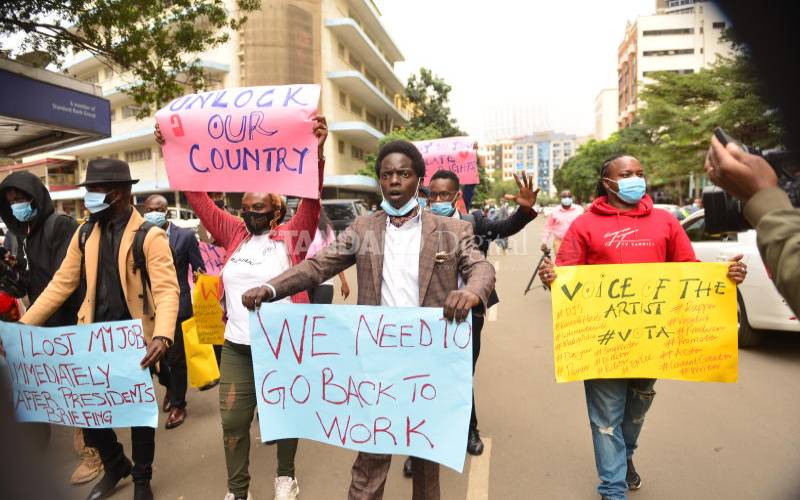
On March 26, President Uhuru Kenyatta issued new measures to curb the spread of Covid-19. As the private sector, we commend the government for these measures. We, however, observe with concern that the current public health crisis has already devastated the local economy and these measures are likely to make matters worse.
The business sector is likely to record severe job losses and supply-chain disruptions, depletion of the supply of stock, increase in commodity prices, a slowdown in production and manufacturing activities and limited mobility of factors of production. Notwithstanding, the taxman will be expected to collect his dues from these suffering businesses.